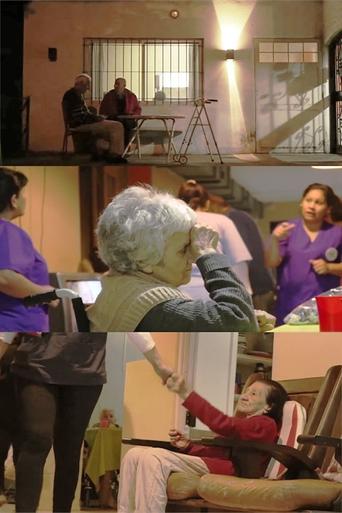

Asilo (Prototipo)
No overview found

It's December 16, 1972, 50 years ago. The first social cooperative in the world is born in Trieste. It was formed by 28 people: two sociologists, two psychologists, five nurses, a healthcare assistant, two doctors and sixteen private individuals who all have the same residential address: via San Cilino 16, Trieste. They are interned in a psychiatric hospital and therefore have no civil and political rights: they cannot vote, marry or make a will. Imagine founding a cooperative. Thus the Court of Trieste rejected the request to establish the cooperative. It would have been a long march through the institutions.
Self
Self
Self
Self
Self
Self
Self
Self
Self (archival)


No overview found

20 Jan 2018

The lives of four Syrian families, resettled in Baltimore and under a deadline to become self-sufficient in eight months.
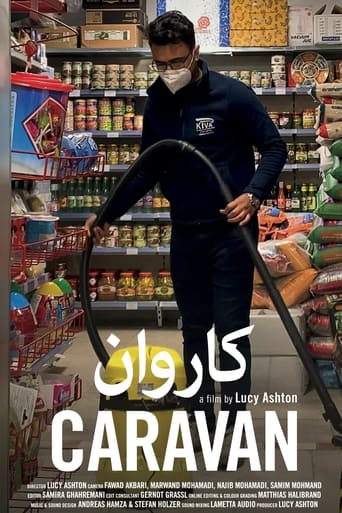
05 Apr 2024

The four Afghan refugees who have applied for asylum in Austria strike up the song, “The caravan moves on” again and again. Encouraged by the journalist Lucy Ashton to record their lives on their smartphone cameras as a video diary, the friends film their precarious daily routine between visits to authorities, small jobs, and changing accommodations. Yet even when hope is lost, one certainty remains: the power of friendship.
26 Jun 2012
A historical documentary documenting the rise, function, and abandonment of a 17 story building that once housed The Rochester Psychiatric Center. This film tells the story of the building through historical footage, interviews of former staff and patients who recount their memories of the behemoth facility while also exploring the abandoned building as it is today.

15 May 2017

No overview found
24 Apr 1985
Observation of the asylum procedure in the Federal Republic of Germany, not limited to depicting an individual case, but rather tracing a basic fate. The film captivates with unpretentious black-and-white images that are emotionally moving and show camp life as an agonizing wait for a decision by bureaucrats.

21 Aug 2024

Five people talk about how easy it is to build up and how difficult it is to get out of it again. They fall ten prey to the powerful industry. Fines and extra costs make them so aware that they can no longer be solved on their own.
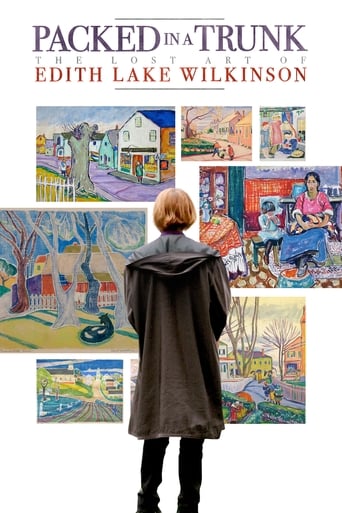
20 Jul 2015

The story of artist Edith Lake Wilkinson, a painter who was committed to an asylum in 1924 and never heard from again. All her worldly possessions were packed into trunks and shipped to a relative in West Virginia where they sat in an attic for 40 years. Edith's great-niece, Emmy Award winning writer and director Jane Anderson, grew up surrounded by Edith's paintings, thanks to her mother who had gone poking through that dusty attic and rescued Edith's work. The film follows Jane in her decades-long journey to find the answers to the mystery of Edith's buried life, return the work to Provincetown and have Edith's contributions recognized by the larger art world.

29 Jul 2011

The Interrupters tells the moving and surprising stories of three Violence Interrupters — former gang members who try to protect their Chicago communities from the violence they once caused.
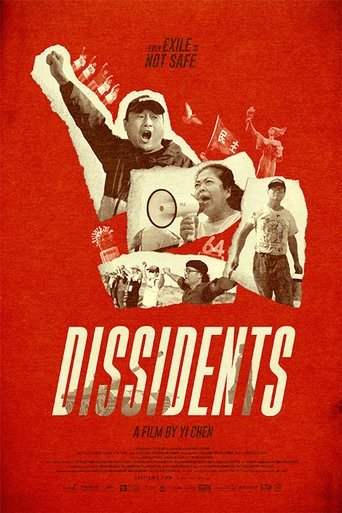
03 May 2025

An artist's sculpture is burnt down, a protester is charged with a criminal case, and a democracy movement is violently attacked. In the United States, three Chinese dissidents fight for democracy against a superpower through art, petition, and grassroots organizing, but not even exile is safe.
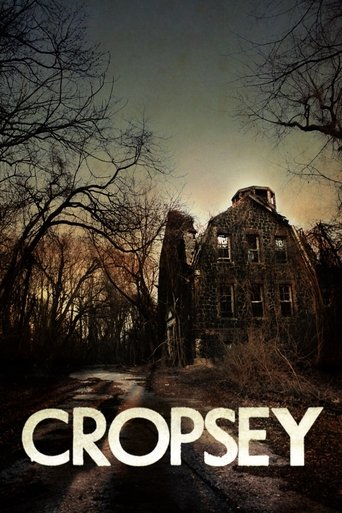
25 Apr 2009

Realizing the urban legend of their youth has actually come true, two filmmakers delve into the mystery surrounding five missing children and the real-life boogeyman linked to their disappearances.
01 Jul 1999
In the mid-1990s, Dieter Dubbert accidentally ends up with the Miskito Indians in Bismuna, Nicaragua. Here he begins to work with drug-addicted and delinquent young people from Germany who would otherwise disappear into homes and prisons.
01 Nov 2007
No overview found
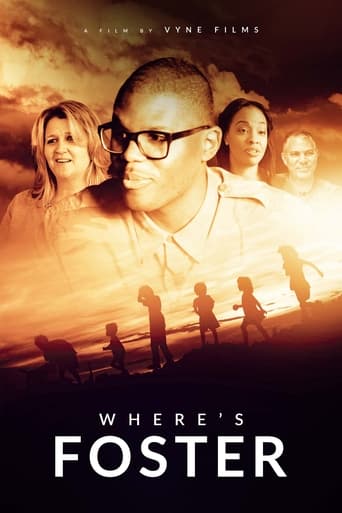
01 Jan 2021

Social workers dispel myths about why children are removed from their biological parents, breaking down their overwhelming workload. Lawyers uncover the harsh reality of young children navigating the legal system. Advocacy organizations try to keep children safe and away from predators. An eclectic array of interviews from foster care alumni explore their connections (or lack thereof) with social workers, the fragile bond with each foster home, how trust can fall apart, and how those unable to adapt spent time in group homes. The film concludes with alumni success stories, working to remove the stigma of foster care.
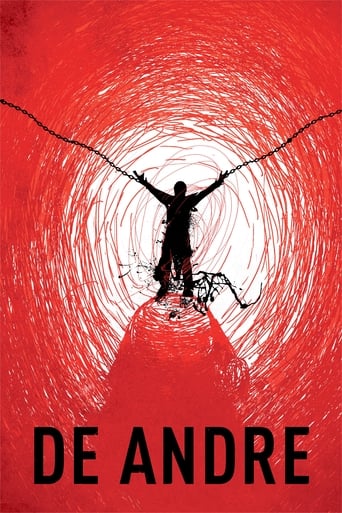
26 Oct 2012

In 2009 the Norwegian government introduced several measures to restrict immigration. One of the measures was to provide unaccompanied asylum seeking children temporary residence permits. They should be returned to their country of origin when they turn 18. In Norway child welfare custody of their children without close caregivers. This does not apply to unaccompanied asylum-seeking children between 15 and 18 years.
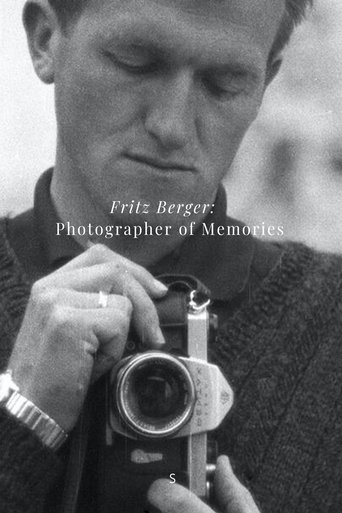
02 Mar 2016

In the spring of 1962, members of the Christian Peace Service aid group flew in from Bern, Switzerland and settled in the poorest villages in all of Greece. Led by photographer and social worker Fritz Berger, the group itself had one purpose: the provision of aid and development services to local communities inhabiting the southwest region of Lefkada. What followed were revolutionary advancements that would leave their lives forever changed.
22 May 2017
No overview found
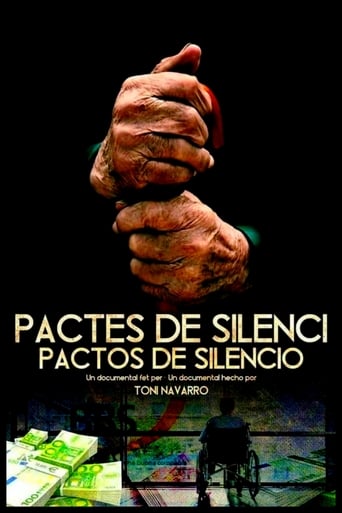
23 Nov 2018

Due to the increasing privatization of basic public services in Spain, companies such as BB Serveis are accused of misappropriating several million euros of public money intended to finance care for the elderly and other dependent persons.
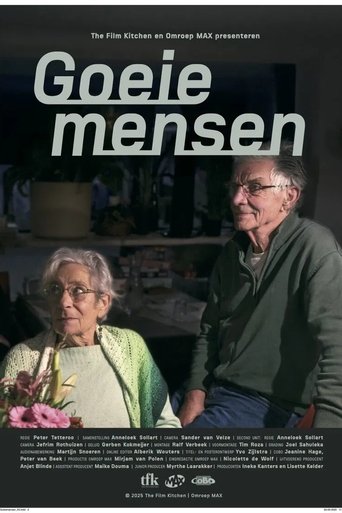
21 Jul 2025

Sjaak and Clara founded the very first food bank in the Netherlands in 2002. Since handing over their responsibilities at the food bank, they have continued their mission unabated. They still run a soup kitchen and the Social Café Onder de Oranjeboom (Under the Orange Tree), where vulnerable members of society can find a hot meal, support, and a good conversation. For many years, this dedicated couple has been committed to helping people in Rotterdam living in poverty.
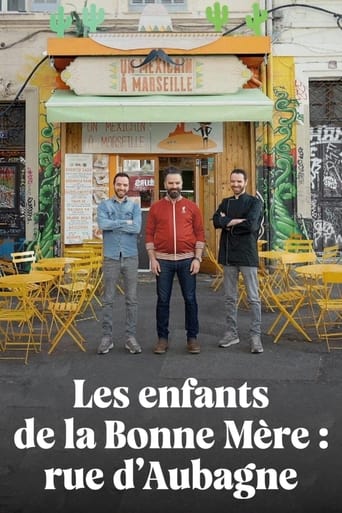
28 Aug 2024

No overview found